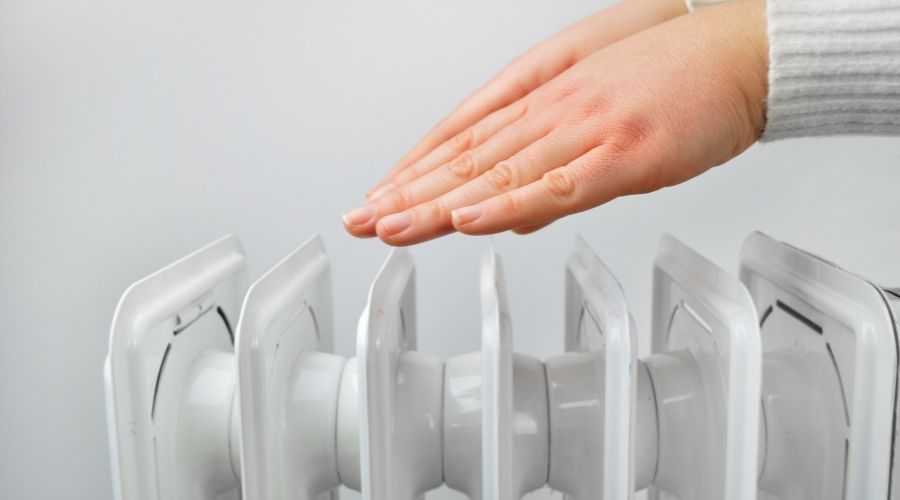Since the beginning of 2022, all news channels began to be full of warnings about the approaching time to replace old solid fuel boilers that provide heating in private homes. Most homeowners have already changed non-environmentally friendly boilers and installed new ones with the help of government subsidies. Someone even completely changed the way of heating. According to the government, there are still about 250,000 boilers left to change throughout the country. It was decided to postpone the ban on the use of old boilers for two years.
Under the old law, it was forbidden to use boilers of the first or second emission class as of September 1, 2022. If this ban was not observed, households were threatened with a fine of up to 50,000 crowns. In April 2022, the government approved the postponement of the ban on the use of old boilers. Property owners in the Czech Republic can use old boilers until September 2024.
This decision is primarily related to the economic situation in the country. In the Czech Republic, inflation continues to rise, energy prices are rising. Many households are unable to return to their previous income levels due to the coronavirus crisis. Negative changes in the economy are also manifested in connection with the war in Ukraine.

Read also An increase in rates in the Czech Republic by another 0.5 percentage point
The Ministry of the Environment has recently reduced support for gas boilers in the form of subsidies. On the contrary, the number of subsidies for heat pumps has increased. The purpose of these changes was to reduce the dependence of the Czech Republic on natural gas from Russia. The authorities will only reimburse gas boilers if they were installed between January 2021 and the end of April 2022.
Subsidies for boilers for low-income households are funded from the Operational Program for the Environment. A household whose members earned on average no more than 170,900 CZK net income (per person) in 2020 can apply for a subsidy with a 95 percent refund and ideally replace a non-environmentally friendly heat source with a biomass boiler or heat pump. In addition, applicants do not need to save money in advance, as the payment from the state can be received on the basis of an advance invoice.